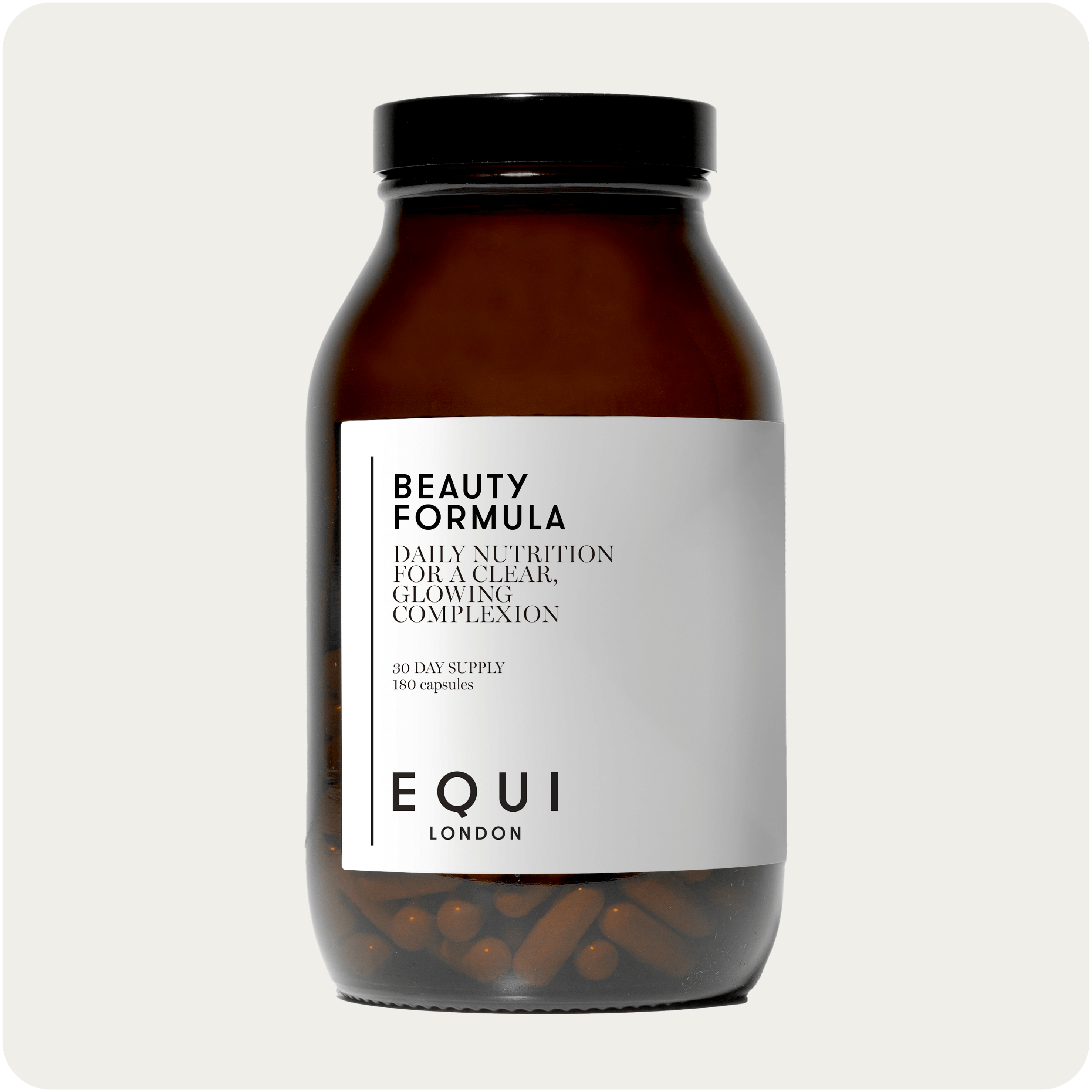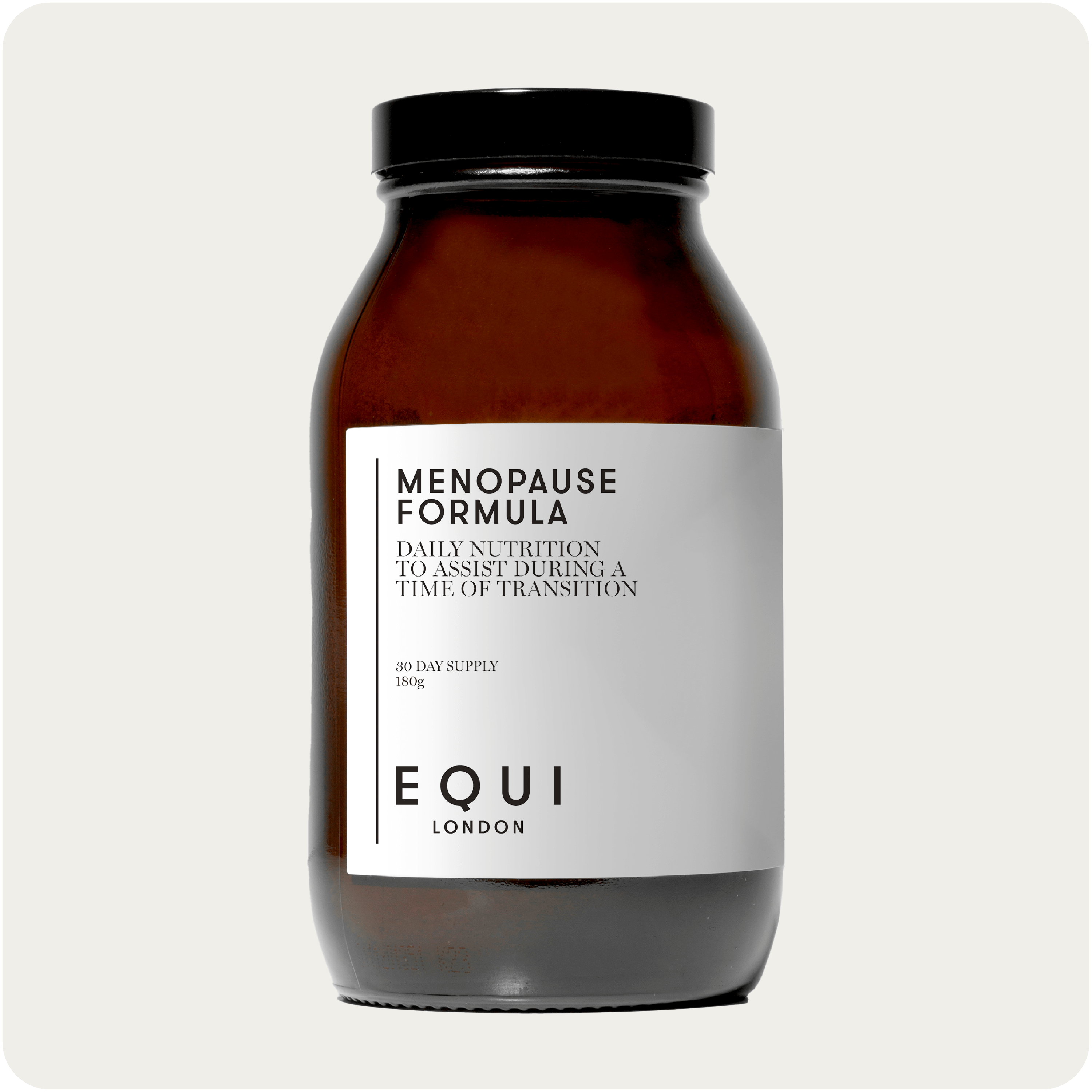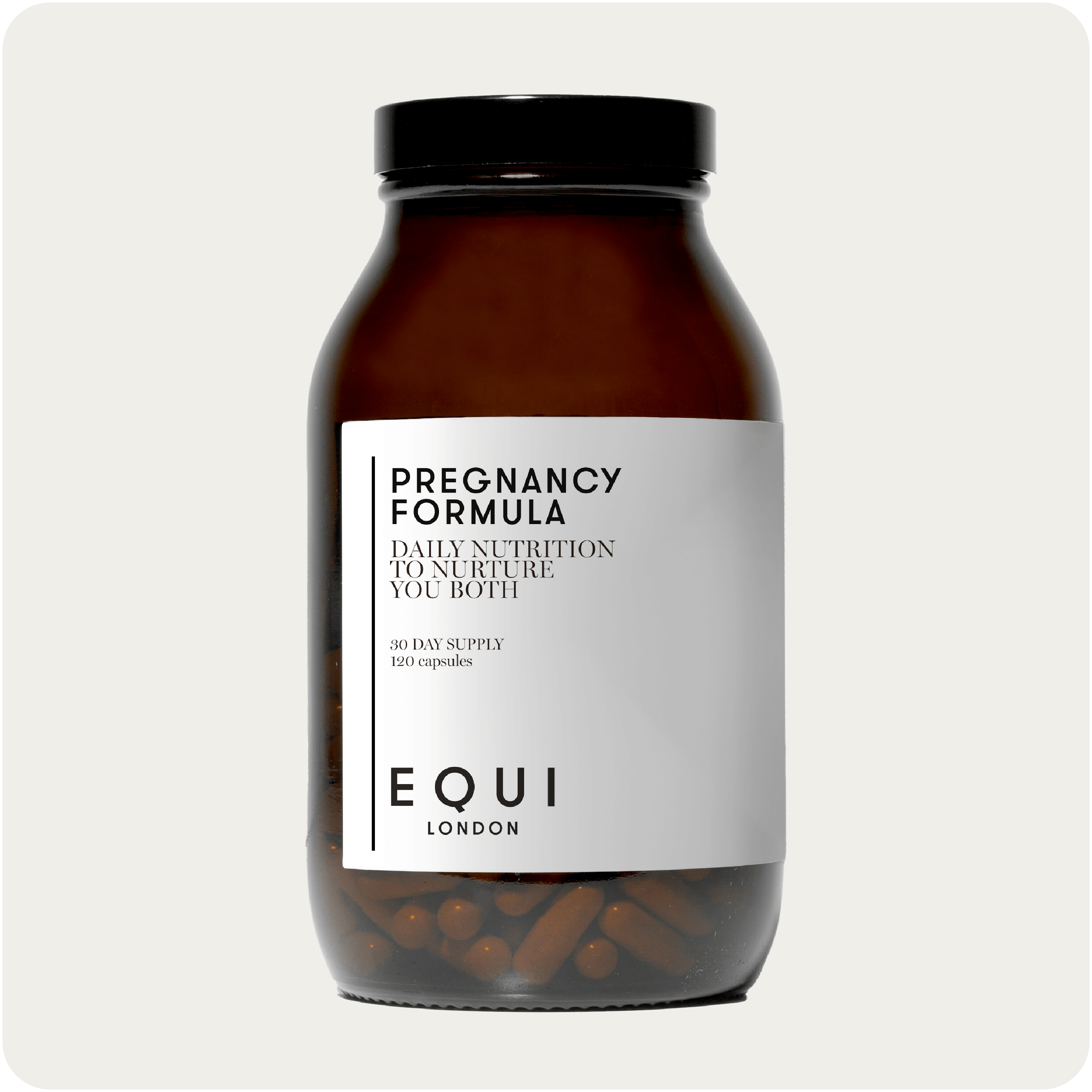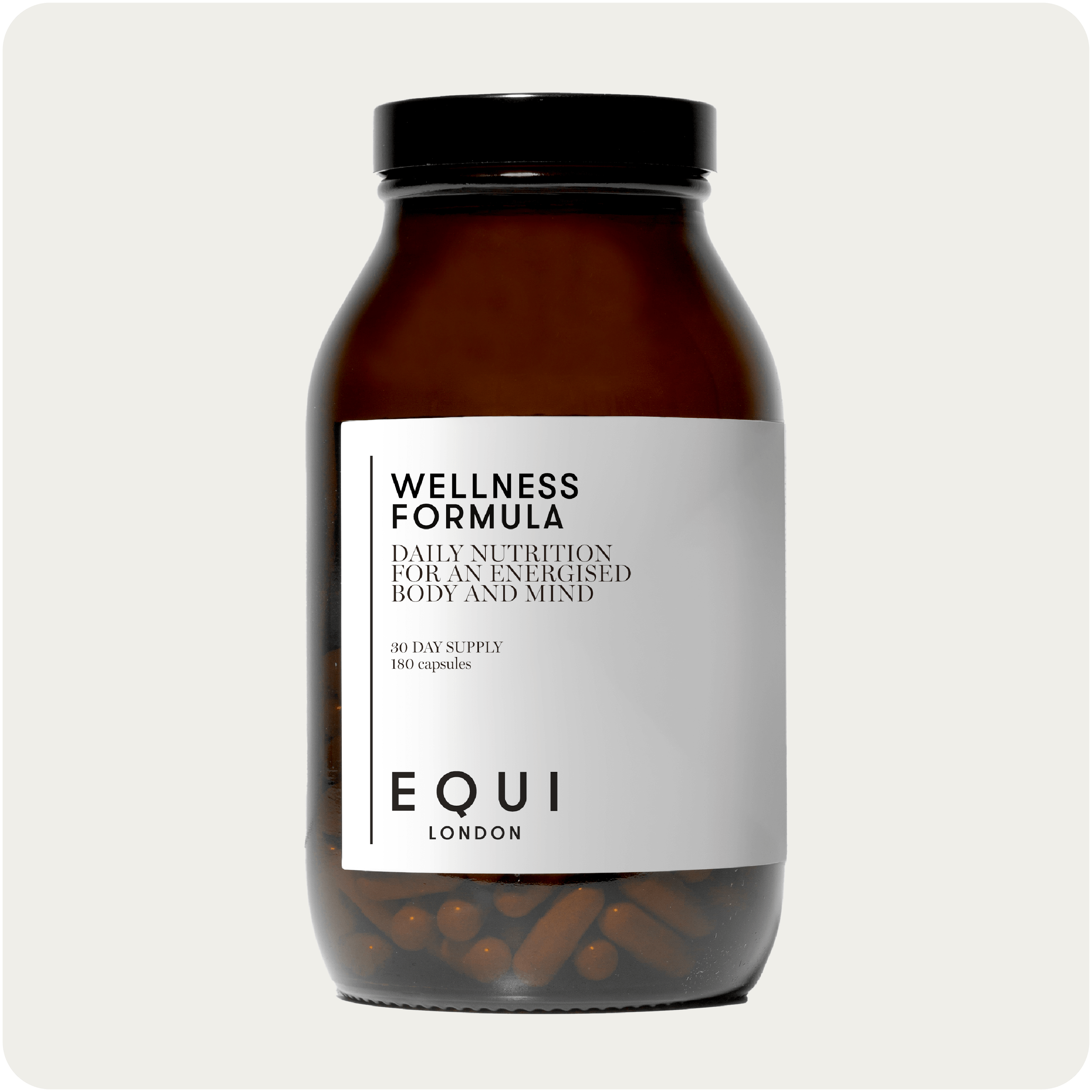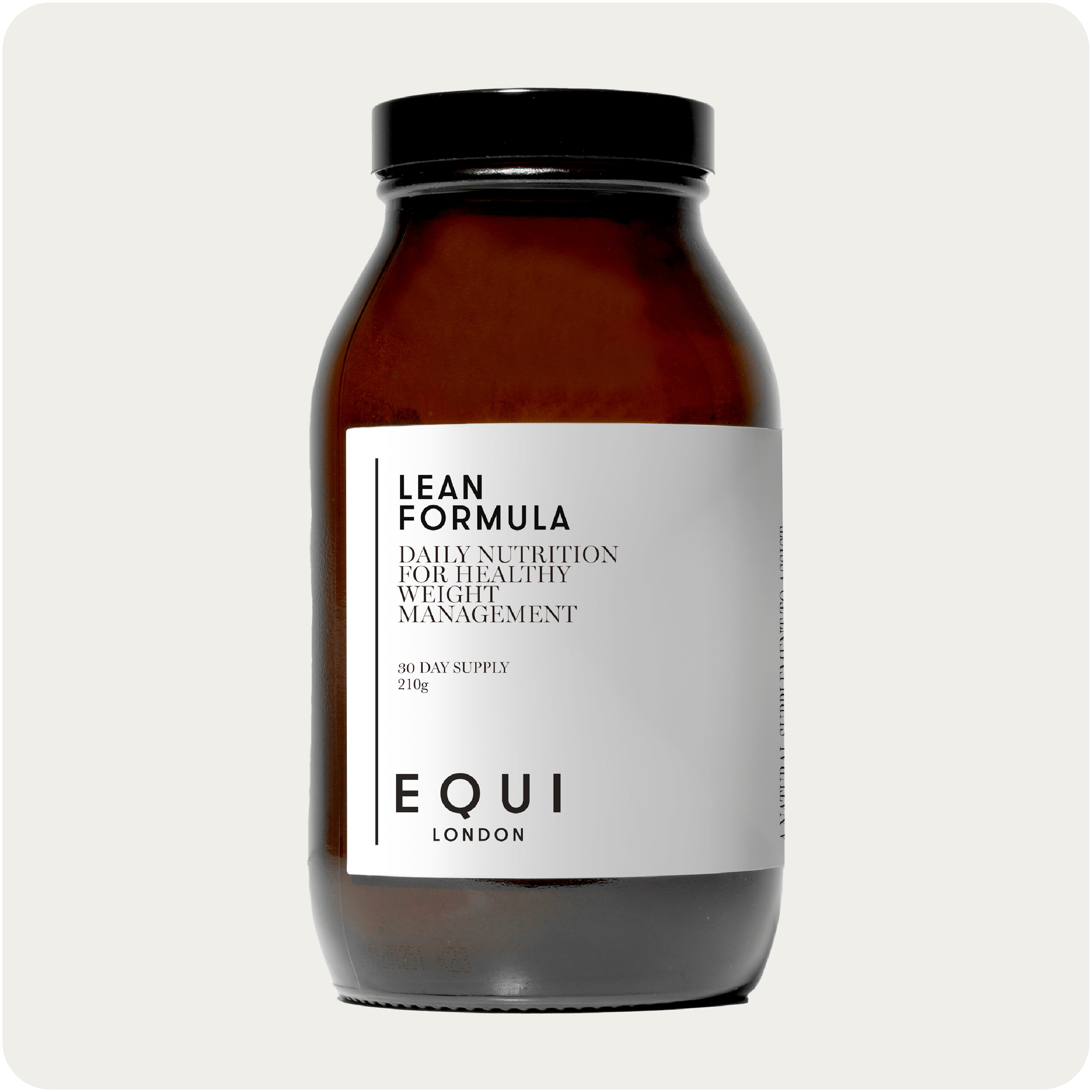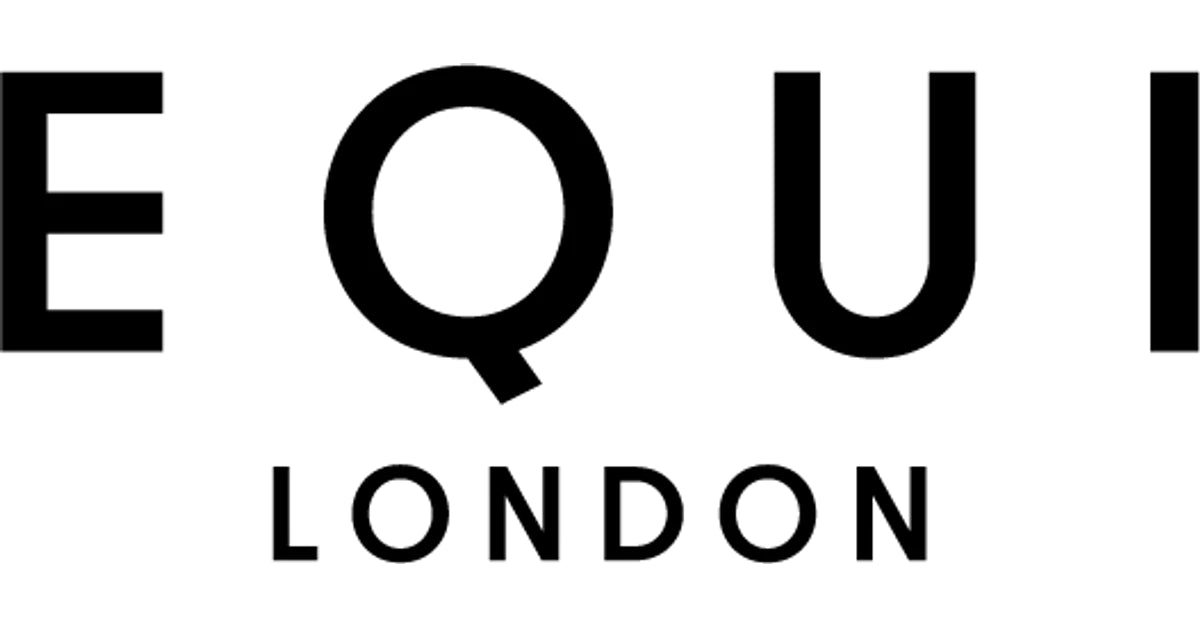
In the quest for a radiant complexion, countless serums, creams, and treatments are often explored. However, one of the most potent elixirs for skin vitality often goes overlooked - a deep, rejuvenating sleep. Welcome to this week’s blog, where we delve into the intertwined relationship between restful nights and radiant days. There’s a lot of truth in the saying ‘Beauty Sleep’ than we might initially realise - our nightly rest isn’t just about recharging our energy levels or giving our minds a break; it's a pivotal period when our skin undergoes repair and regeneration. It's the time when our cells work overtime, reversing the day’s damage and prepping for the challenges of tomorrow. This transformative process is often termed 'beauty sleep' because of its profound impact on our appearance. Lacklustre skin, dark circles, and an uneven complexion can all be signs that you’re missing out on this nocturnal magic.
Yet, getting this restorative sleep isn't always straightforward in today’s fast-paced world. Stress, screen time, and irregular routines can rob us of the quality sleep our skin so desperately craves. But what if we told you there's a way to harness nutrition to aid our nightly rejuvenation? Beyond the well-known advice of reducing caffeine or establishing a bedtime routine, certain nutrients play a pivotal role in enhancing our sleep quality, which in turn, gives our skin the time and tools it needs to glow. In this blog, we’ll not only shed light on the importance of sleep for skin health and cell turnover but also introduce you to the key nutrients found in Beauty Formula that can elevate your night-time skincare routine from the inside out. Join us on this journey, and discover the seamless blend of science, nutrition, and beauty. Restful nights can indeed lead to radiant days, and we’re here to guide you every step of the way.
The Science of Sleep
Every evening, as we surrender ourselves to sleep, a series of physiological miracles unfold. Beyond the serenity of slumber, there's a whole host of bustling activity, especially when it comes to our skin. Sleep is not just the body's way of recharging the brain but an intricate change in hormone levels and processes occur which restore and rejuvenate the entire body. First and foremost, let's explore the hormone melatonin. Known commonly as the 'sleep hormone', melatonin does more than merely initiate sleep. Studies support the idea that melatonin offers antioxidant properties beneficial to skin health (1). As we sleep deeper into the night, its levels peak at around 2am, providing our skin with a layer of protection against daily environmental stressors, like UV radiation. Meanwhile, cortisol, the stress hormone, dips at night. Its reduction is pivotal, as elevated cortisol can lead to inflammation, and by association, skin issues like acne or rosacea (2). Sleep, therefore, offers a natural reprieve from cortisol’s negative effects, allowing the skin a breather. The profound connection between sleep and skin health doesn't end there. The later stages of our sleep cycle, particularly the deep REM (Rapid Eye Movement) phase, is when the magic happens. During these critical periods, cell regeneration and repair go into overdrive. Blood flow to the skin increases, ensuring that skin cells get the necessary nutrients they need for repair (3). This is the moment when our skin works hardest, reversing the day’s damage and gearing up for the challenges that lie ahead. And while these processes and the nightly shift in hormones are natural, they aren’t guaranteed. Factors like stress, age, and overall health can disrupt this balance, affecting not just the quality of our sleep but also the quality of our skin’s nightly repair work. A decrease in the duration and quality of sleep has been shown to result in reduced skin health and accelerated skin aging, emphasising the need for proper rest. So, 'beauty sleep', is a scientifically backed principle! Each night, beneath the calm exterior of our sleep, a world of cellular activity ensures we wake up rejuvenated, with radiant skin. By prioritising good sleep, you will be also prioritising radiant skin.
Sleep & Skin Health: The Midnight Magic of Cell Turnover
For many, sleep remains a sanctuary, a refuge from the stresses of the day. However, beneath this, a host of physiological processes actively renew and rejuvenate our skin. The evidence is clear: the difference between a good night's sleep and a restless one often appears on our faces the next morning. Let's delve deeper into the complex relationship between sleep and our skin's health, focusing on cell turnover, collagen production, and the detoxification processes that bring about a youthful, radiant complexion.
During sleep, the skin works diligently, undergoing its most crucial period of cell turnover. It's overnight that our skin cells proliferate faster, replacing damaged and old cells with new ones. This increased activity, primarily observed in the epidermis, ensures the skin’s surface remains resilient and fresh (4). In essence, as you sleep, your skin is quite literally renewing itself. Furthermore, quality sleep plays a pivotal role in the production of collagen, the protein responsible for skin's elasticity and strength. As we drift into deep sleep, growth hormone production surges, leading to an increase in collagen synthesis (5). This process counters the daily breakdown of collagen by factors such as UV radiation and pollution, ensuring the skin remains taut and wrinkle-free. Moreover, the anti-inflammatory effects of deep sleep also enable collagen to work more effectively, preventing premature aging and reducing fine lines. To find out more about the role of collagen in reducing fine lines and wrinkles, read our previous blog here.
Sleep also serves as a detoxification period for the skin. The body's lymphatic system becomes particularly active at night, clearing out cellular waste and toxins from the skin (6). Think of this as a nightly detox, one where the body itself ensures your skin remains free from pollutants accumulated throughout the day. This removal of toxins not only keeps the skin healthy but also contributes to that morning glow, indicative of a body well-rested and free from impurities. It's no surprise, then, that the effects of sleep deprivation manifest prominently on our skin. Chronic lack of rest can lead to dehydration, making wrinkles more noticeable. A deficiency in collagen production, slower cell turnover, and reduced detoxification all result in a complexion that's dull, tired, and far from radiant. Furthermore, studies have shown that individuals who miss out on adequate sleep consistently report decreased skin barrier function and increased signs of intrinsic ageing (7).
To wake up with a complexion that's radiant, smooth, and youthful, the recipe is simple: prioritise quality sleep. Sleep provides our skin, the largest organ in our body, the optimal conditions it needs to function healthily. So, the next time someone comments on your morning glow, remember it's a testament to the myriad of processes that worked tirelessly as you slept, ensuring you, and your skin, wake up refreshed.
Beauty Formula’s Sleep-enhancing Ingredients
EQUI’s award winning, Beauty Formula is a blend of the most effective nutritional compounds proven to combat skin concerns, support collagen and hydration levels and strengthen hair and nails. It not only provides total body support from hormones to digestion, addressing the underlying causes of problem skin, whilst supplementing your body with everything it needs to glow, but it can also help promote a restful night’s sleep. Let’s dive deep into the science behind each sleep promoting ingredient, explaining how each contributes to the sleep cycle, helping us drift off faster and enjoy deeper, more restorative slumber:
Zinc
This mineral plays a crucial role in modulating the neurotransmitters critical to sleep regulation, whilst a deficiency is associated with sleep disturbances (8). Furthermore, zinc interacts with neurotransmitters that have calming and anti-stress properties, which can prepare the body for a restful sleep. We have included an optimal level of zinc in Beauty Formula, with radiant skin in mind, with the bonus of this mineral supporting your beauty sleep too.
Reishi Mushroom Extract
Traditionally, reishi mushroom has been used in herbal medicine to combat insomnia. Modern studies confirm that compounds in the reishi mushroom can increase the amount of sleep and suggest potential use in the management of sleep disorders (9). Beauty Formula acknowledges that in today’s fast-paced world, stress is a common factor for many of us and so by including reishi mushroom extract, we hope to give you the tools and nutrients you need to manage stress, leading to better quality beauty sleep.
Magnesium
Magnesium plays a pivotal role in the function of GABA receptors, which is the main inhibitory neurotransmitter of the central nervous system. Increased GABA activity promotes relaxation and reduces anxiety, aiding sleep. Additionally, a study found that dietary magnesium supplementation brought about statistically significant increases in sleep time (10). More specifically, magnesium glycinate, which we have included in Beauty Formula, is particularly renowned for its superior bioavailability and the added presence of glycine might make this form more beneficial with regards to sleep. Glycine acts as an inhibitory neurotransmitter in the central nervous system and has been shown to improve sleep quality (11). So, combining magnesium, which plays a role in GABA, with glycine, may provide a synergistic effect in promoting deeper, more restful sleep.
Vitamin B6 (pyridoxal-5'-phosphate)
Vitamin B6 aids in the conversion of tryptophan into serotonin, a precursor of melatonin. Melatonin is the hormone responsible for regulating sleep. One study showed that B6 supplementation improved sleep quality and reduced the number of awakenings in the night (12). Read our recent blog on our neurotransmitters, including GABA, serotonin, and melatonin here.
L-tyrosine
This is an amino acid and precursor to neurotransmitters like dopamine, norepinephrine, and epinephrine. According to the research, a proper balance of these neurotransmitters can help in stress regulation and may improve sleep in stressful situations (13). Beauty Formula contains L-tyrosine, to not only help you manage stress better, but to help aid a more restful night’s sleep.
Turmeric extract (95% curcuminoids)
Curcumin has potential antioxidant, anti-inflammatory, and neuroprotective effects. These properties may help in modulating sleep architecture and quality, according to some studies (14). Beauty Formula contains turmeric extract which not only reduces swollen and sore areas and enhances gut health but may help modulate sleep, supporting a good nights beauty sleep.
Vitamin B12 (methylcobalamin)
Vitamin B12 plays a role in melatonin synthesis, and it's involved in the body's circadian rhythms and sleep patterns. Deficiency in B12 can disrupt these rhythms and potentially lead to sleep disturbances. This is why we have included a comprehensive B complex in Beauty Formula, with optimal levels of B12.
Choline (choline bitrate)
Choline is vital to produce acetylcholine, a neurotransmitter involved in regulating sleep and maintaining a healthy sleep cycle. Acetylcholine is actively involved in modulating REM sleep, a critical phase of the sleep cycle associated with dreaming and memory consolidation. Ensuring optimal choline levels through dietary or supplemental sources might help maintain appropriate REM sleep patterns, thereby contributing to overall sleep quality and restfulness. By including choline bitrate in Beauty Formula, we have your REM sleep covered!
These ingredients, backed by science, together with the entire composition of Beauty Formula, provide a holistic approach not just to beauty but also to overall health and well-being, aiding you in your beauty sleep and helping you achieve a radiant glow. Purchase Beauty Formula here.
Lifestyle Tips to Achieve Optimal Beauty Sleep
While Beauty Formula offers a potent boost to support sleep, achieving restorative slumber demands a multifaceted strategy. At the core of optimising sleep is understanding that our daily habits, choices, and environment significantly influence our night-time rest. Let’s delve into some of the lifestyle practices and dietary choices that synergise with Beauty Formula to support a tranquil night’s beauty sleep!
Bedtime Rituals
Consistency is the key to teaching our body to recognise sleep cues. Developing a calming pre-sleep routine can signal to the brain that it's time to wind down. Activities such as reading a non-stimulating book, gentle stretching, or practicing mindfulness can be effective. One study emphasised the significance of these routines in reinforcing the body’s natural circadian rhythm, thereby improving sleep quality (15).
Optimising Sleep Environment
Your sleep space plays a crucial role. It’s vital to ensure a cool, dark, and quiet environment. Researchers have found that a cooler room, ideally around 18°C (65°F), can facilitate the body’s reduction in core temperature, a necessary step for sleep initiation (16). Furthermore, blackout curtains and earplugs can be beneficial for those living in bustling urban areas.
Limiting Screen Time
In today's digital era, screens are everywhere. However, the blue light emitted from these devices can impede the secretion of melatonin, a pivotal hormone for sleep. A study found that exposure to blue light before sleep can delay REM sleep, reduce its duration, and decrease alertness the following morning (17), so ditch the phone, tv, tablets and laptops come 8pm if you want a good night’s beauty sleep!
Foods & Drinks that Promote Sleep
Diet influences sleep patterns too. Consuming foods rich in tryptophan, magnesium, and calcium can enhance the production of melatonin. For instance, chamomile tea, a staple for many, contains antioxidants that promote sleepiness. Its sleep-enhancing effects can be attributed to an antioxidant called apigenin (18). Similarly, tart cherries, a natural source of melatonin, have been shown to improve sleep duration and quality (19). For more pointers on the nutrients that support the neurotransmitters that regulate sleep and mood, head to our recent blog here.
Beauty Formula is an instrumental ally in the quest for revitalising beauty sleep. Supplementing with EQUI alongside supportive practices and other dietary choices ensures a comprehensive approach to sleep optimisation. Embracing these strategies paves the way for not just restful nights but also more energetic and productive days too!
References
-
Clatici, V. G., Voicu, C., Voaides, C., Roseanu, A., & Icriverzi, M. (2017). Perceived Age and Life Style. The Specific Contributions of Seven Factors Involved in Health and Beauty. Mædica, 12(3), pp. 191–201.
-
Sauermann, K., Jaspers, S., Koop, U., & Wenck, H. (2002). Topically applied vitamin C increases the density of dermal papillae in aged human skin. BMC dermatology, 2(1), p. 14.
-
Oyetakin-White, P., Suggs, A., Koo, B., Matsui, M. S., Yarosh, D., Cooper, K. D., & Baron, E. D. (2015). Does poor sleep quality affect skin ageing? Clinical and Experimental Dermatology, 40(1), pp. 17-22.
-
Chiang, A., Sheu, M., Tsai, Y. C., & Huang, Y. H. (2015). Sleep Disturbances and Skin Aging in Chinese Premenopausal Women. Dermatology and Therapy, 5(2), pp. 137-144.
-
Gamble, K. L., Berry, R., Frank, S. J., & Young, M. E. (2013). Circadian clock control of endocrine factors. Nature Reviews Endocrinology, 9(8), pp. 466-475.
-
Oyetakin-White, P., Suggs, A., Koo, B., Matsui, M. S., Yarosh, D., Cooper, K. D., & Baron, E. D. (2015). Does poor sleep quality affect skin ageing? Clinical and Experimental Dermatology, 40(1), pp. 17-22.
-
Oyetakin-White, P., Suggs, A., Koo, B., Matsui, M. S., Yarosh, D., Cooper, K. D., & Baron, E. D. (2015). Does poor sleep quality affect skin ageing? Clinical and Experimental Dermatology, 40(1), pp. 17-22.
-
Rondanelli, M., Opizzi, A., Monteferrario, F., Antoniello, N., Manni, R., & Klersy, C. (2011). The effect of melatonin, magnesium, and zinc on primary insomnia in long-term care facility residents in Italy: a double-blind, placebo-controlled clinical trial. Journal of the American Geriatrics Society, 59(1), pp. 82-90.
-
Cui, X. Y., Cui, S. Y., Zhang, J., Wang, Z. J., Yu, B., Sheng, Z. F., ... & Zhang, Y. H. (2012). Extract of Ganoderma lucidum prolongs sleep time in rats. Journal of Ethnopharmacology, 139(3), pp. 796-800.
-
Abbasi, B., Kimiagar, M., Sadeghniiat, K., Shirazi, M. M., Hedayati, M., & Rashidkhani, B. (2012). The effect of magnesium supplementation on primary insomnia in elderly: A double-blind placebo-controlled clinical trial. Journal of Research in Medical Sciences: The Official Journal of Isfahan University of Medical Sciences, 17(12), p. 1161.
-
Kawai, N., Sakai, N., Okuro, M., Karakawa, S., Tsuneyoshi, Y., Kawasaki, N., ... & Takeda, T. (2015). The sleep-promoting and hypothermic effects of glycine are mediated by NMDA receptors in the suprachiasmatic nucleus. Neuropsychopharmacology, 40(6), pp. 1405-1416.
-
Ebben, M., Lequerica, A., & Spielman, A. (2002). Effects of pyridoxine on dreaming: a preliminary study. Perceptual and motor skills, 94(1), pp. 135-140.
-
Jongkees, B. J., Hommel, B., Kühn, S., & Colzato, L. S. (2015). Effect of tyrosine supplementation on clinical and healthy populations under stress or cognitive demands—A review. Journal of Psychiatric Research, 70, pp. 50-57.
-
Xu, Y., Ku, B., Tie, L., Yao, H., Jiang, W., Ma, X., & Li, X. (2006). Curcumin reverses the effects of chronic stress on behaviour, the HPA axis, BDNF expression, and phosphorylation of CREB.
-
Harvard Health Publishing. (2019). Sleep and mental health. Harvard Medical School.
-
Okamoto-Mizuno, K., & Mizuno, K. (2012). Effects of thermal environment on sleep and circadian rhythm. Journal of Physiological Anthropology, 31(1), p. 14.
-
Alkozei, A., Smith, R., Pisner, D. A., Vanuk, J. R., Berryhill, S. M., Fridman, A., & Shane, B. R. (2016). Exposure to blue light increases subsequent functional activation of the prefrontal cortex during performance of a working memory task. Sleep Medicine Reviews, 29, pp. 86-92.
-
Zick, S. M., Wright, B. D., Sen, A., & Arnedt, J. T. (2011). Preliminary examination of the efficacy and safety of a standardized chamomile extract for chronic primary insomnia: A randomized placebo-controlled pilot study. BMC Complementary and Alternative Medicine, 11(1), p. 78.
-
Pigeon, W. R., Carr, M., Gorman, C., & Perlis, M. L. (2010). Effects of a tart cherry juice beverage on the sleep of older adults with insomnia: A pilot study. Journal of Medicinal Food, 13(3), pp. 579-583.
